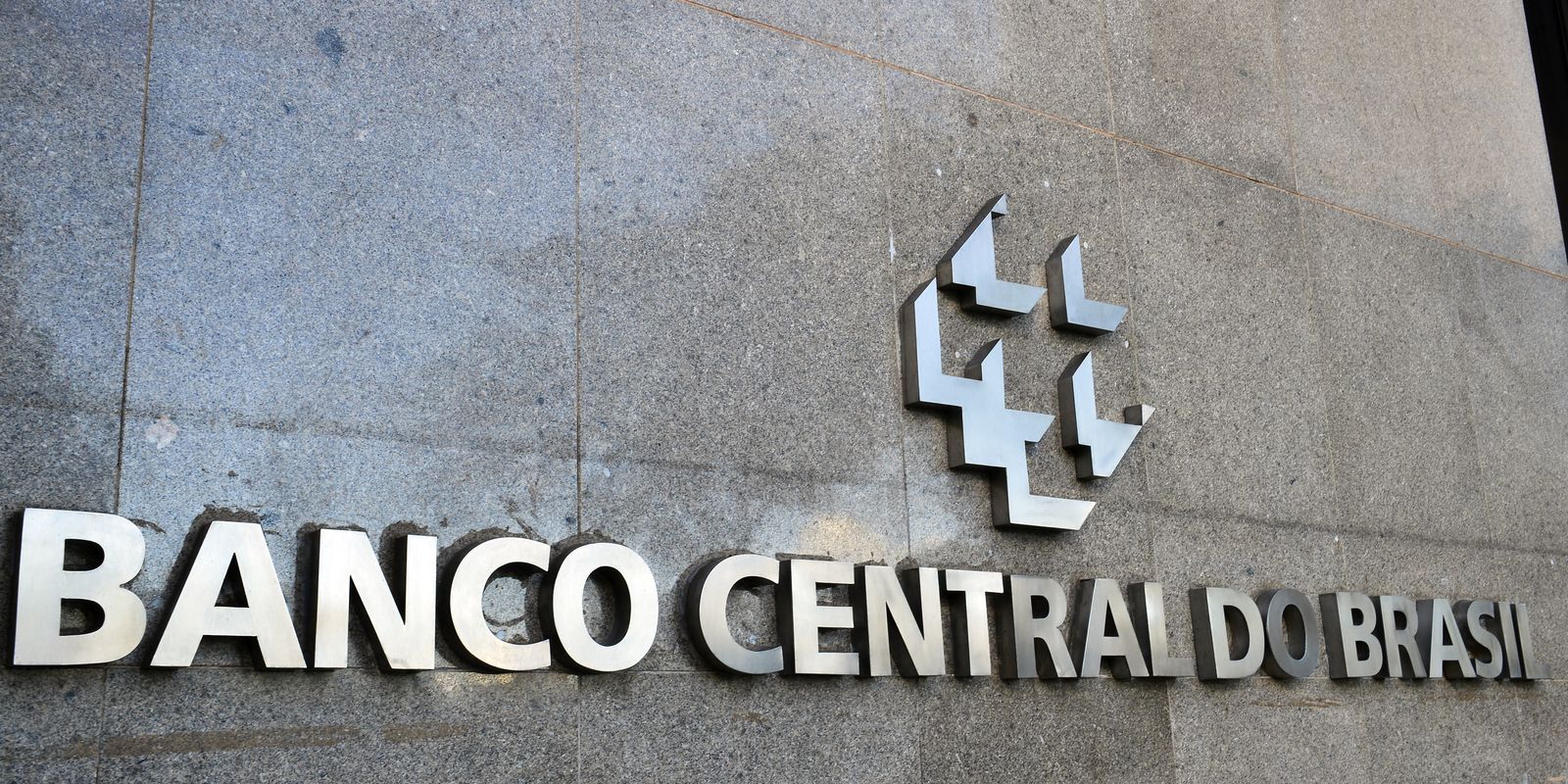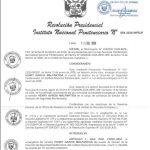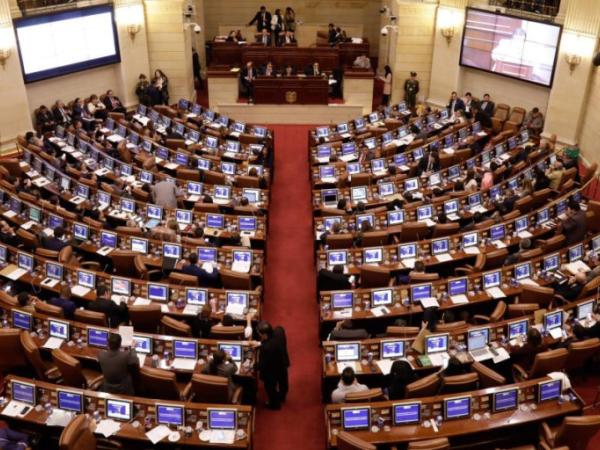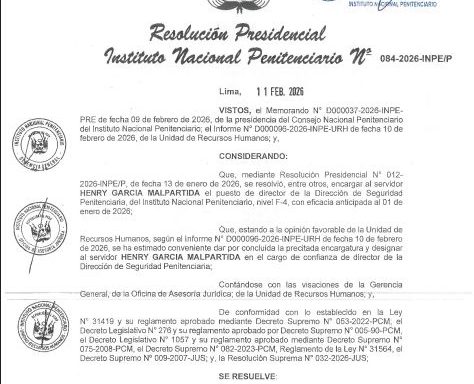The possible lack of control of public accounts, with an explosion in government spending, is the main risk to financial stability over the next three years, reported financial institutions consulted by the Central Bank (BC). The result is contained in the Financial Stability Survey (PEF), released every three months by the agency.
Cited by 42% of financial institutions as the biggest concern at the moment, fiscal risk did not change its position in relation to the last survey. In the previous edition, in August, the problem had been cited by 41% of institutions.
In the survey, the institutions highlighted “concerns about the sustainability of public debt and the fiscal framework and their impacts on asset prices and monetary policy [juros]”.
In second place came international risks, cited by 27% as the most important concern at the moment. According to the BC, the institutions cited the increase in concerns associated with the elections in the United States, the escalation of geopolitical conflicts, the slowdown in the Chinese economy and monetary policy and economic activity in the United States. In August, the problem was cited by 23% of financial institutions.
In third place was the risk of default and domestic economic activity, cited by 12%, the same percentage as in August. According to the BC, this type of risk remains limited and has a medium impact on the financial system. However, institutions cited the increased probability of occurrence, reflecting concerns about leverage (debt expansion) and default by families and companies and the impacts of monetary tightening resulting from the rise in interest rates.
On the other hand, reported the BC, financial institutions began to have a more positive view of the economic growth cycle. The number of institutions that consider the current phase of the economic cycle as “expansion” and “boom” (peak) has risen, while the proportion of respondents who believe that the country is going through a phase of economic recovery (growth that occupies the idle capacity of the country) has fallen. economy, without expanding investments). Exact percentages were not provided.
The survey also pointed out that the confidence index in the stability of the National Financial System remains “high, with an increase at the margin”. In this way, more institutions are trusting the financial system, although the increase was small. The BC did not provide exact numbers.
The Central Bank heard 89 financial institutions, such as banks, credit unions, payment institutions and resource managers. The research took place between October 21st and November 8th.















